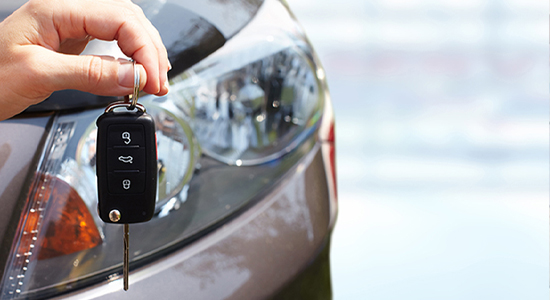Auto Lease vs. Finance: What to Consider
Tagged as: Everything Auto, Smart Spending

Auto Lease vs. Finance: What to Consider
Subscribe to Our Blog
* Required
We appreciate your interest.

Let us help you finance the car of your dreams with a low rate, low payment, and flexible term to fit your budget.
